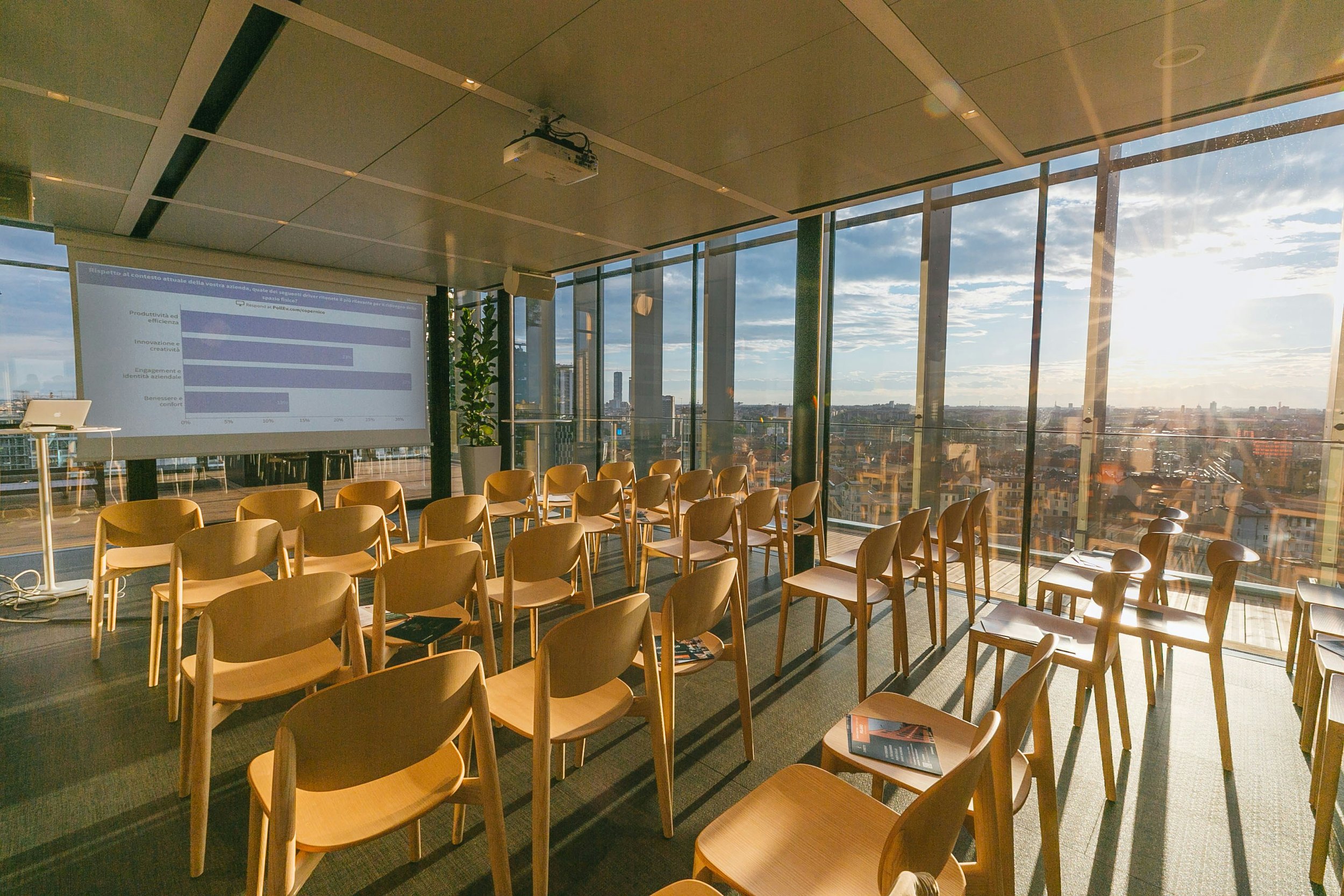Our Work
Our work showcases the research and insights of our remarkable community. Share your work with ASO by collaborating here. Subscribe to our free newsletter by clicking here.

Rethinking The Science of Muscle Tone - Part II
In this episode, ASO team member Erica Donnison continues her conversation with Dr. Tim Cacciatore, co-author of the open-access paper Central Mechanisms of Muscle Tone Regulation. Tim explores how these findings connect to key concepts in Alexander Technique teaching. A must-watch for teachers, trainees, and students. Paper linked in the article.

Rethinking The Science of Muscle Tone
In our 50th episode, Erica Donnison interviews Dr. Tim Cacciatore on muscle tone regulation, its role in balance, pain, and performance, and its significance for AT practitioners and clinicians. He addresses misconceptions about the reflex model and highlights how modern neuroscience advances our understanding of AT. Stay tuned for Part II. The paper linked here is open-access.

Bridging Practice and Research: Insights for Alexander Technique from Acupuncture Care and Research
In Episode 49, we explore the intersection of practice and research with Mandy Brass, MSc, a Traditional Chinese Medicine acupuncture practitioner. Mandy shares insights from her service evaluation at Dimbleby Cancer Care, an integrative oncology center in London. Using self-report measures, she captured her patients' experiences, offering valuable lessons for Alexander Technique teachers seeking to integrate research into their professional development.

Capturing Experience: Exploring Self-Report Measures in Alexander Technique Research
In Episode 47 we release a podcast style discussion with members of the Society of Teachers of the Alexander Technique (STAT) Research Group as they explore the use of self-report outcome measures in AT research. Widely used in research and healthcare, these tools allow individuals to share personal insights on their experiences and health. Join us for an insightful listen into how these measures can deepen our understanding of the Alexander Technique.

How Alexander Technique lessons can help family carers - Part II
In the second part of this two-part series, Monika Gross elaborates on communicating research findings into how Alexander Technique lessons can assist caregivers for individuals living with Parkinson’s, Dementia, and other medical conditions. Additionally, a copy of a podium presentation delivered at the 2023 European Alzheimer’s Conference is provided.

Partnering with Poise – Research into how Alexander Technique lessons can help family carers
In this 39th edition, we delve into new research on how Alexander Technique (AT) lessons can help people who are a Care Giver or Care Partner for someone living with Parkinson’s, Dementia or other medical conditions. Monika Gross from The Poise Project shares insights from recent research undertaken with the University of Idaho on both in-person and online AT courses. This first part of a two-part series outlines the research background, significant outcomes, and the real need for AT to support carers in this field.

Acoustic and Perceptual Effects of Alexander Technique Lessons
In the 38th ASO newsletter, Gabriella Minnes Brandes engages Michele A. Capalbo in a thought-provoking dialogue, spotlighting Michele's recent research on the acoustic and perceptual effects of Alexander Technique lessons for a classical treble singer. The interview, complemented by a written summary, helps expand and update our research base, providing valuable insights into the intricate relationship between Alexander Technique and voice to inform both teachers and future research.

An Interview with Monika Gross: Alexander Technique Research & Collaboration
Welcome to the 34th edition of the ASO newsletter. In this issue, we feature an illuminating interview with Monika Gross (The Poise Project) that revolves around crucial aspects such as bridging communication gaps between the Alexander Technique and other fields, amplifying public awareness of the profession, and establishing meaningful connections with research groups and healthcare practitioners.

Why research the Alexander Technique?
This month, ASO (Alexander Studies Online) introduces its first podcast-style post titled "Why research the Alexander Technique?" Join us for a discussion with the members of the Society of Teachers of the Alexander Technique Research Group (SRG) as they explore how curiosity, challenges, and practical insights from research on AT can relate to one's personal explorations and practice.

Building a new, open-access database of Alexander Technique research.
In this 11th edition of the Alexander Studies Online (ASO) newsletter we take a look at the developing ASO Research Collections project and the newly released Alexander Technique online Zotero library; a growing list of peer reviewed research on the Alexander Technique, PhD and Masters theses, and more.

Potential Mechanisms of the Alexander Technique: Toward a Comprehensive Neurophysiological Model
In this edition of the ASO blog series we hear from Tim Cacciatore PhD MSTAT and Rajal Cohen PhD M.AmSAT, two of the three authors of a recent paper published in the Kinesiology Review Journal. The paper, “Potential Mechanisms of the Alexander Technique: Toward a Comprehensive Neurophysiological Model” is an intriguing first step to help answer the question of why the Alexander Technique seems to have such wide-ranging benefits.
Categories
Tag Cloud
- 2023
- aging
- Alexander Technique and Pain
- Alexander Technique Literature
- Annual review
- Annual review 2024
- ATEAM Trial
- ATLAS Trial
- Back Pain
- Back pain
- books
- Books
- Breathing
- Caregivers
- chronic pain
- compassion
- Curriculum
- Dance
- Dementia
- Disciplined Inquiry
- Education
- Embodiment
- Gender
- Health Outcomes
- interviews
- Lived experience
- Motor Control
- Muscle Tone
- Musicians
- Neck Pain
- Neuroscience
- Opera
- outcome measures
- Pain management
- pain research
- Parkinson's Disease
- Performing arts
- Pilot Study
- podcast
- poise
- Postpartum
- Posture
- Scientific Research
- Self-care
- Self-confidence
- Self-efficacy
- self-report measures
- Spirituality
- Teacher Training
- Teaching
- Theoretical Research
- Voice
- Wellness
- Women